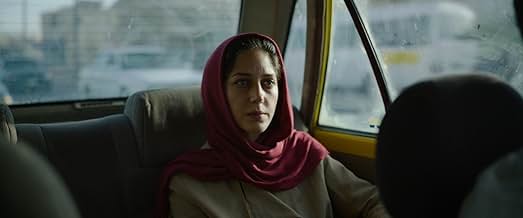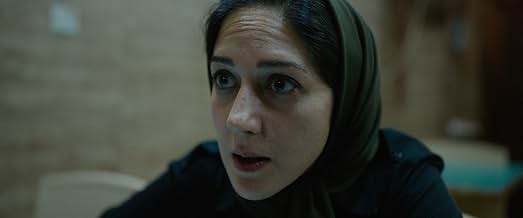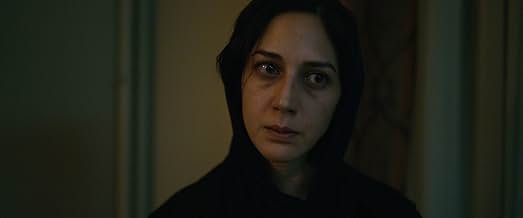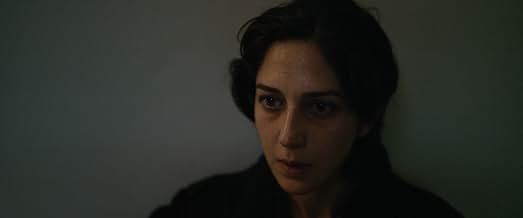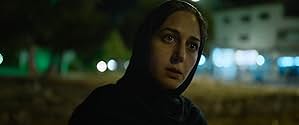Over a relatively short period of time, over a dozen dead women are found bundled by the roadside - and the police are baffled? The women have not been sexually assaulted, but strangled using a knot tied in their headscarves. Not convinced that everything is being done by the authorities, investigative journalist "Rahimi" (Zar Amir-Ebrahimi) decides to get to the truth. Meantime, we follow the life of taxi driver "Saeed" (Mehdi Bajestani) and his daily life helps us to realise that the deceased were prostitutes. Not that he uses them, but pretty soon we realise that the stories are connected. At this point the plot rather falls away - we get to the bottom of the murder-mystery a little too simplistically for my liking; but actually as that plot develops we realise that the whodunit element of the narrative is not the most important one. It rapidly becomes an evaluation of a judicial process - and of vocal popular opinion - that may just indicate that these killings are in someway justifiable. These women, were - after all, sinful and irredeemable. Can the killer capitalise on this zealousness and escape justice? It's quite an intriguing film that looks at how religious faith can butt - head to head - with civic justice; of how the ordinarily law-abiding public themselves can; of how a person can genuinely believe he is doing good by removing "stains" from his community... I cannot believe anyone from the West would watch this with anything other than a feeling of abhorrence at the offences, but this film does attempt to put both sides in a thought-provoking fashion. Though it didn't change my opinion, it did offer a balance that makes the last twenty minutes or so a lot less fait accompli than we might expect. Bajestani is good here and this is more than just a good vs. Evil crime drama. Well worth a watch. Telly will be fine, though.


